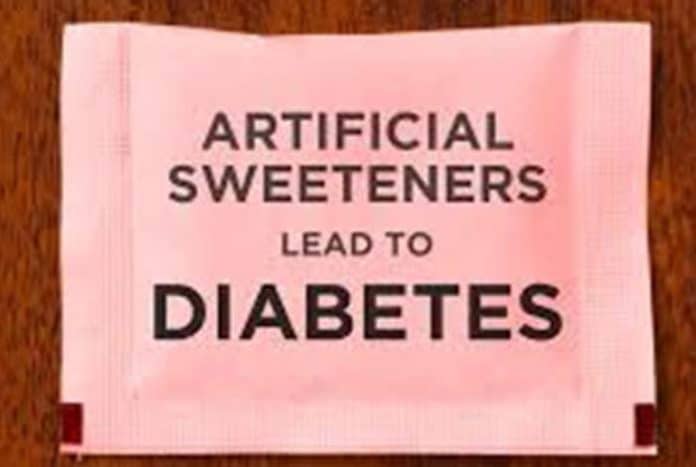
It is well known that when sugar is consumed in excess, it causes a lot of health issues. A study conducted recently said that artificial sweeteners are no different. They also have a similar effect, but the biochemical pathways are different.
Excessive sugar is associated with diabetes, obesity and cardiovascular conditions. As sugar’s reputation got tarnished, artificial sweeteners started becoming more popular. Today, lots of products have artificial sweeteners in them. These are the most common food additives. They do not have calories, so they are an appropriate ingredient for diet drinks and snacks having less calories. These make the products sweet enough to be enjoyed by people.
However, several studies that are being published have a different story to tell. Evidence suggests that consumption of these chemicals could result in obesity and other disorders.
A recent study led by Brian Hoffmann, assistant professor at Marquette University, was presented at a conference held in San Diego.
Hoffman explained that although these calorie-free sweeteners are added to our everyday diet, there has been a phenomenal rise in diabetes and obesity. This study is an in-depth analysis of the biochemical changes brought about by artificial sweeteners in the body. For achieving this level of detail, a technique known as unbiased high throughput metabolomics was used. Metabolomics is the study of the products of metabolism in the cells and tissues.
Researchers wanted to know how sugar and artificial sweeteners impacted the blood vessels lining (vascular endothelium). For investigation, they considered two sugars glucose and fructose and two sweeteners acesulfame and aspartame potassium. They were fed to rats and studied them after 3 weeks. It was revealed by the experiment that both sugar and sweeteners disrupted the functioning of the blood vessels. However, the mechanisms were different.
It was concluded that vascular changes which were observed were important to understand the onset of diabetes and obesity.

Biochemical Changes Observed in Rats
Both sugar and artificial sweeteners changed the level of amino acids, fats, and chemicals in the blood of the rats. Artificial sweeteners changed the way the body converts and processes fats to get energy. Further studies need to be done to understand the significance of these changes in the long term. Also, it was found that the sweetener acesulfame potassium slowly accumulates in the body. When the concentrations are high, blood vessels get damaged more severely.
Hoffman says that the body has the ability to handle sugar when it is in moderate amounts but when there is excess of it, the machinery breaks down. Further, replacing sugars with artificial sweeteners brings about negative changes in energy and fat metabolism.
We all want to know which is safer- sugar or sweeteners? But it is not clear. It is not just about stopping the use of sweeteners as the key to solve all health issues related to obesity and diabetes.
But know that if you use these artificial sweeteners in the long term, the chances of health consequences increase. So, probably moderation is the answer!






